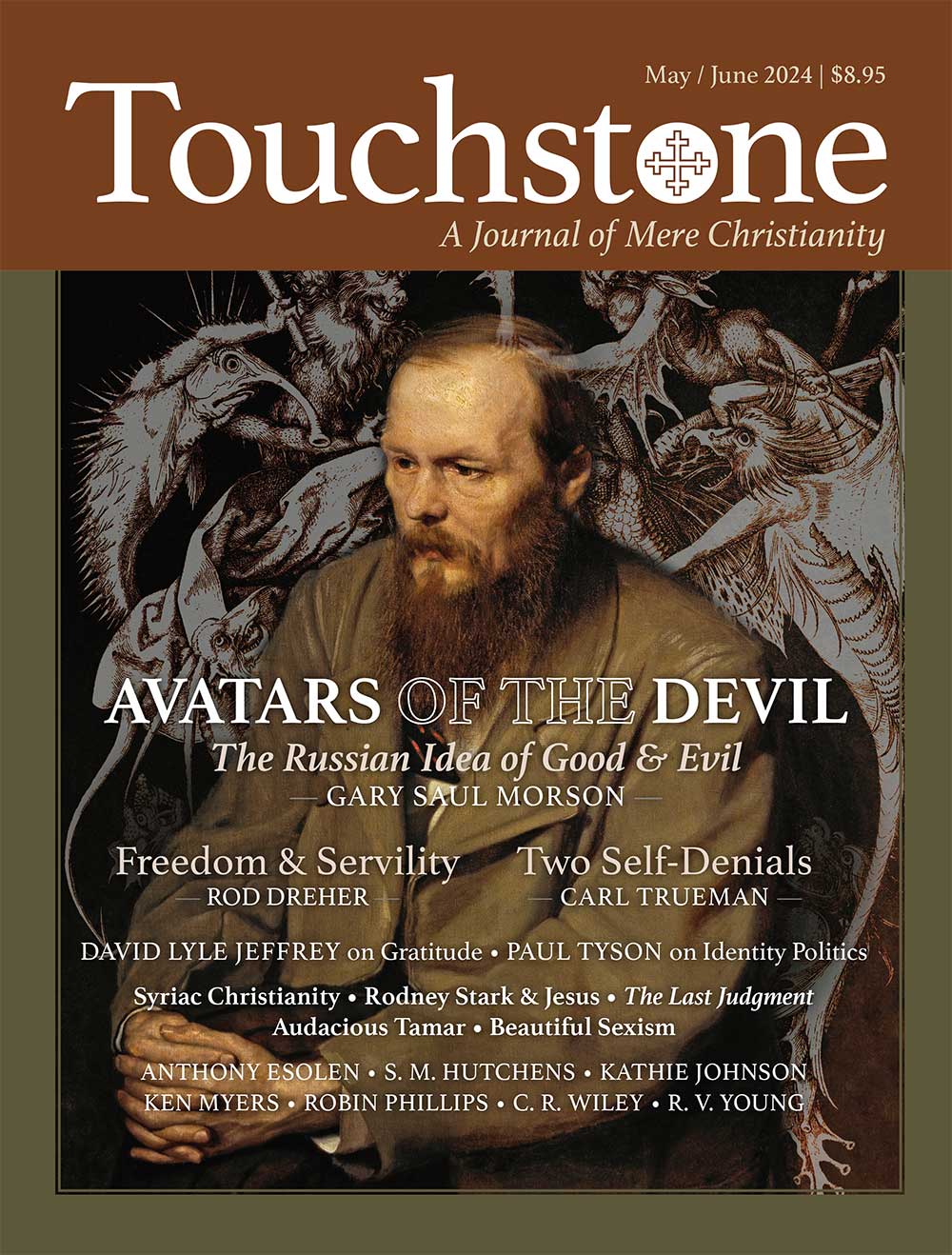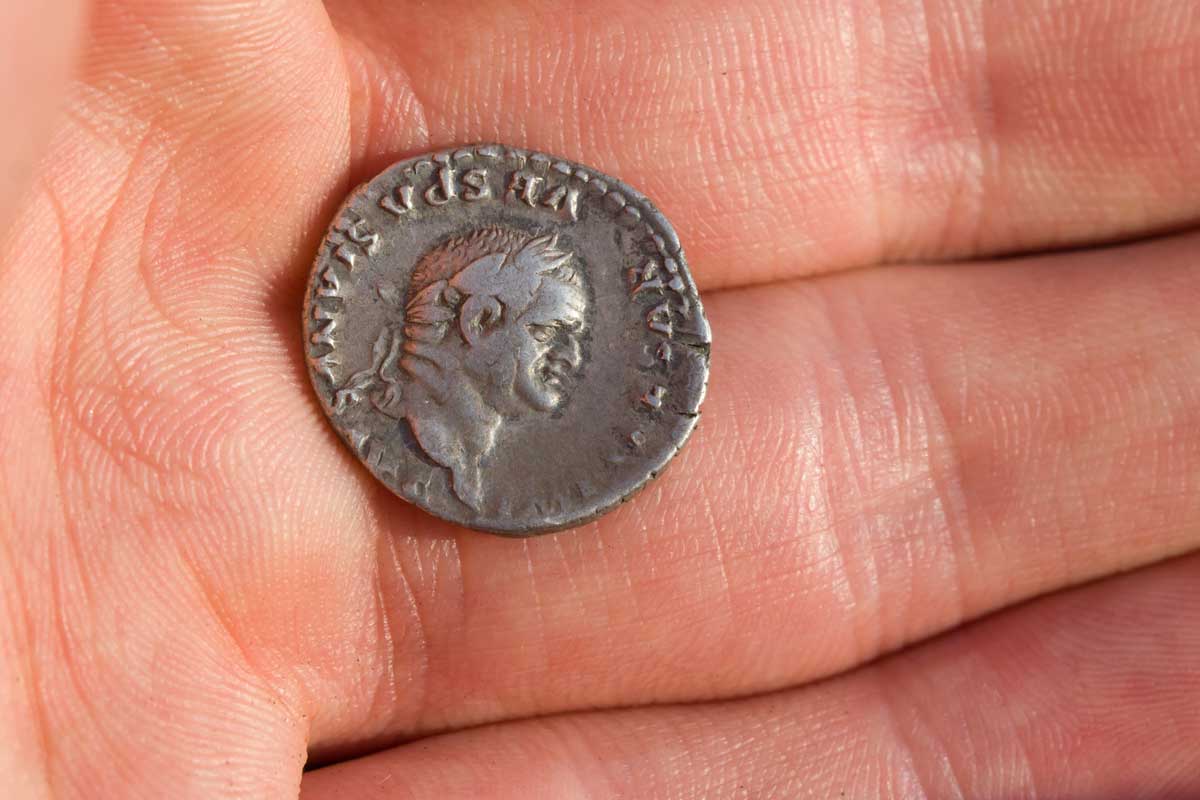Waning Monarchs
On January 17, the New York Post published an article entitled “Prince William could break 500-year tradition and cut ties with Church of England as king.” Such a headline might lead readers to think that the prince does not believe that the king should continue in his role as the head of the Church of England.
Were that to be so, the future King William would only be following the disestablishmentarian path of other European churches that have separated from their states in recent years, such as Sweden (2000) and Norway (2017). Others, such as Denmark, Finland, and Iceland, remain established, with greater or lesser degrees of institutional autonomy vis-à-vis their respective “states.”
But that is not at all what Prince William has in mind. The long and short of it is that he and his family don’t want to go to church, and they do not appear to have any deep religious commitments. The Post article quotes a royal biographer as writing, “he (William) does not share the king’s sense of the spiritual, let alone the late queen’s unshakeable devotion to the Anglican Church.”
What “sense of the spiritual” means in this context is unclear. It certainly does not have any necessary connection with “Christian belief”; one may with equal veracity note that Adolf Hitler had a strong “sense of the spiritual,” in his case of the occult, as do practitioners of Wicca. The late Queen Elizabeth II was a deeply, if discreetly, devout Christian, but of the ten British monarchs who, since 1714, preceded her on the throne, only four at most could be described as—stretching the term a bit—“devout”: King George III, Queen Victoria, King George V, and King George VI (Elizabeth’s father; his devotion looks to have been both deep and genuine). The rest were pretty tepid spiritually. So, no news here; after all, Prince William is simply living up (or down) to the standard of most of his ancestors.
I mentioned the Scandinavian Lutheran churches above. Here’s a “fun fact” on an issue that may face English Anglicans in the near future. All of these churches, except that of Finland, perform church marriages for individuals of the same sex. (Finland will only “bless civil unions” of homosexual couples, not “marry” them—an issue of ongoing strife in the Church of Finland.). Moreover, if a Danish, Norwegian, or Swedish “clergyperson” objects on conscientious grounds to officiating at such “marriages,” he—or she—may refuse to do so, but such “recusant” clergy have to allow their churches to be used for these rites and must procure a substitute clergyperson to perform them. In Iceland though, if you’re a pastor who refuses to perform them, you’re liable to face disciplinary sanctions—and if you hold such views and they become known before ordination, you won’t be ordained.
William J. Tighe is Professor of History at Muhlenberg College in Allentown, Pennsylvania, and a faculty advisor to the Catholic Campus Ministry. He is a Member of St. Josaphat Ukrainian Catholic Church in Bethlehem, Pennsylvania. He is a senior editor for Touchstone.
bulk subscriptions
Order Touchstone subscriptions in bulk and save $10 per sub! Each subscription includes 6 issues of Touchstone plus full online access to touchstonemag.com—including archives, videos, and pdf downloads of recent issues for only $29.95 each! Great for churches or study groups.
Transactions will be processed on a secure server.
more from the online archives

15.6—July/August 2002
Things Hidden Since the Beginning of the World
The Shape of Divine Providence & Human History by James Hitchcock
calling all readers
Please Donate
"There are magazines worth reading but few worth saving . . . Touchstone is just such a magazine."
—Alice von Hildebrand
"Here we do not concede one square millimeter of territory to falsehood, folly, contemporary sentimentality, or fashion. We speak the truth, and let God be our judge. . . . Touchstone is the one committedly Christian conservative journal."
—Anthony Esolen, Touchstone senior editor










